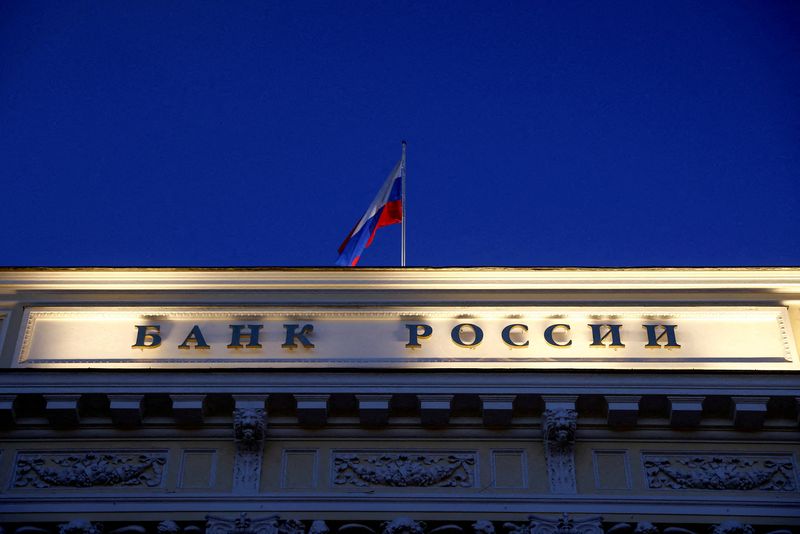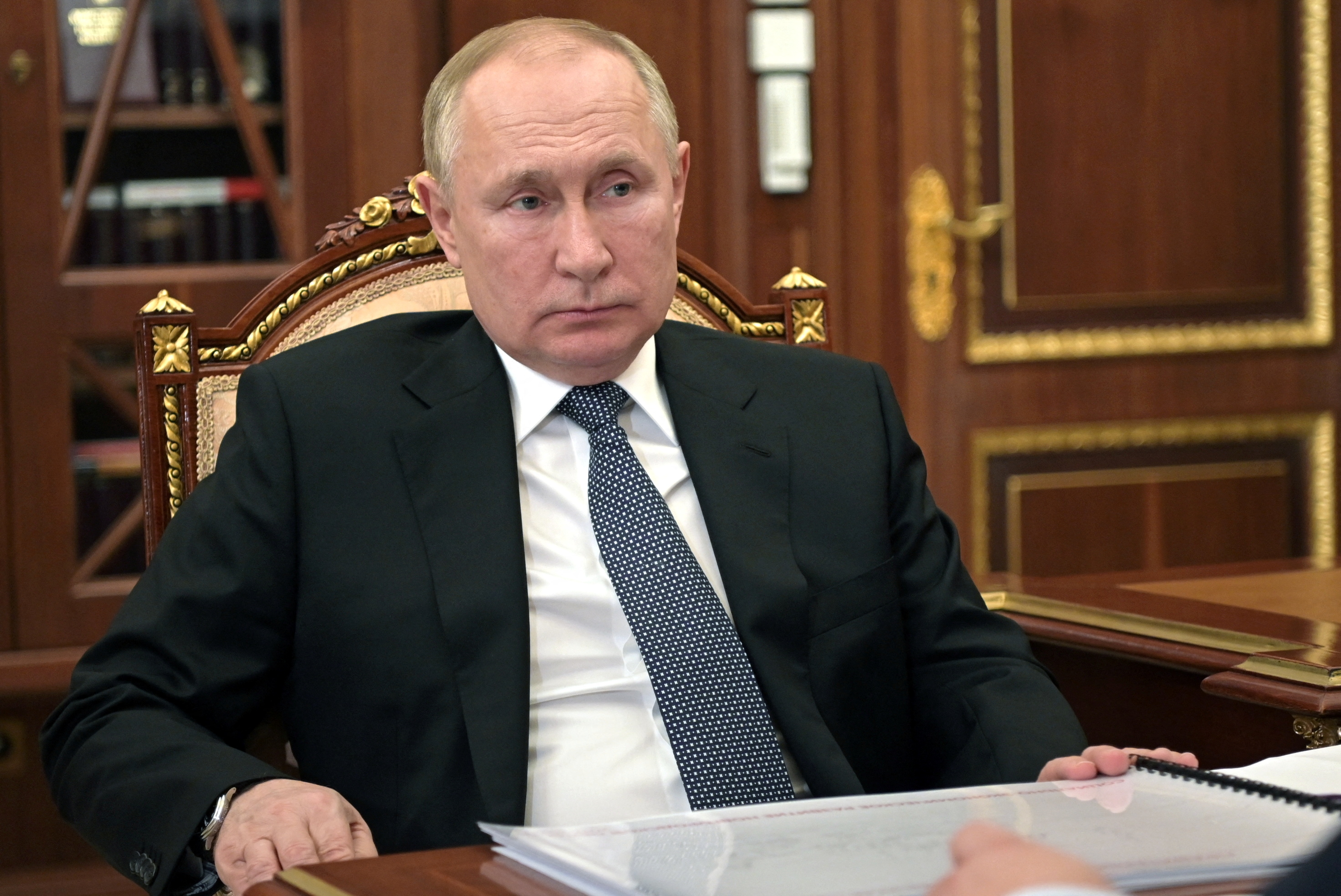
The US Treasury Department has decided to prevent Russian government payments of dollar debt through accounts in US entities, which may make it even more difficult for Russia to avoid default on its sovereign debt and drag the country to its first foreign currency default since 1918.
Russia's most recent sovereign bond coupon payments have stopped, according to a source familiar with the matter and a US Treasury spokeswoman, bringing the situation closer to a historic default.
The latest coupon payments for Russian sovereign bonds have not received authorization from the US Treasury to be processed by correspondent bank JPMorgan, the source said.
The payments corresponded to bonds maturing in 2022 and 2042.

The correspondent bank processes coupon payments from Russia, sending them to the payment agent for distribution to bondholders abroad.
Previously, coupon payments for Russian bonds had been processed, sources told Reuters.
A US Treasury spokeswoman also confirmed that certain payments are no longer allowed.
“Today is the deadline for Russia to make another debt payment,” the spokeswoman said. “As of today, the US Treasury will not allow any payment of the debt in dollars to be made from the accounts of the Russian State in the United States financial institutions. Russia must choose between emptying the valuable reserves of dollars it has left or the new income that comes to it, or non-payment.”
The country has a 30-day grace period to make the payment, the source said.

Russia, which has a total of 15 international bonds in circulation with a face value of about $40 billion, has so far managed to avoid non-payment of its international debt despite unprecedented sanctions by the West. But the task is increasingly difficult.
If Russia does not make any of the next payments on its bonds within its pre-established deadlines, or pays in rubles when it is specified that it must do so in dollars, euros or other currency, it will constitute a default.
Although Russia cannot access international debt markets because of Western sanctions, a default would prohibit it from accessing those markets until creditors are fully repaid and legal cases arising from non-payment are resolved.
(With information from Reuters)
KEEP READING:
Últimas Noticias
Debanhi Escobar: they secured the motel where she was found lifeless in a cistern
Members of the Specialized Prosecutor's Office in Nuevo León secured the Nueva Castilla Motel as part of the investigations into the case

The oldest person in the world died at the age of 119
Kane Tanaka lived in Japan. She was born six months earlier than George Orwell, the same year that the Wright brothers first flew, and Marie Curie became the first woman to win a Nobel Prize

Macabre find in CDMX: they left a body bagged and tied in a taxi
The body was left in the back seats of the car. It was covered with black bags and tied with industrial tape
The eagles of America will face Manchester City in a duel of legends. Here are the details
The top Mexican football champion will play a match with Pep Guardiola's squad in the Lone Star Cup

Why is it good to bring dogs out to know the world when they are puppies
A so-called protection against the spread of diseases threatens the integral development of dogs




